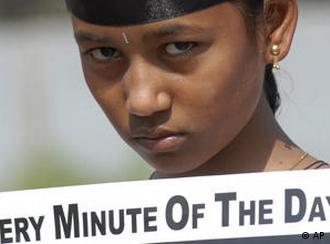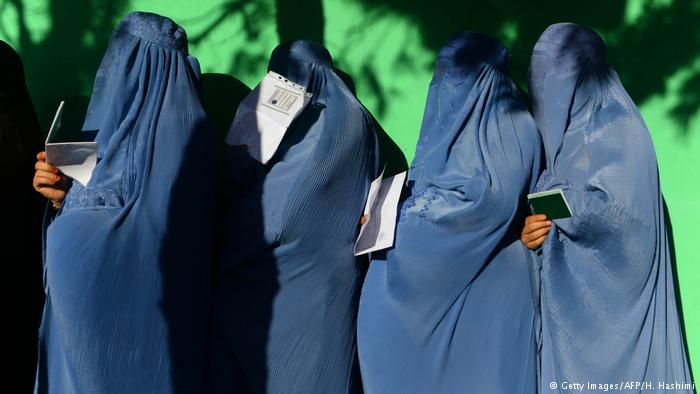‘You belong to me’
 If you live in a tribal area in Pakistan, you are a woman, you are not educated or financially independent and the men in your family are the sovereign decision makers, then your chances of being victimized by an eccentric decision taken by a group of elderly men from your tribe, who you might not even know, are huge.
If you live in a tribal area in Pakistan, you are a woman, you are not educated or financially independent and the men in your family are the sovereign decision makers, then your chances of being victimized by an eccentric decision taken by a group of elderly men from your tribe, who you might not even know, are huge.
The latest incident
This is exactly what happened to four women and two men on May 28 in a tribal district of Kohistan in northern Pakistan. Shockingly, these six people were shockingly condemned to death by a local jirga (council). Reason: They had allegedly danced together in a mixed gathering at a wedding ceremony two months ago and were caught on tape which became an “evidence” of the “sin” for the jirga.
While the two men managed to escape, the women, all married, were brought from their houses and locked in a room where they were tied up with ropes by the jirga men, who had declared them ghul or “fornicators”. They instantly gathered 40 men and 40,000 rupees (nearly 300 Euros) to kill the accused and fund any prospective litigation. There were reports that the two had been killed, however, there are reports that the two are alive.
Some time back
In a yet another appalling incident in April this year, a jirga in Mansehra, Khyber Pakhtunkwa, announced a 15-year-old girl’s marriage to a thief, who broke into her room in the middle of the night. The thief’s sister was alternatively married to the girl’s fiancé. When the girl’s fiancé spoke out against the ruling, he was jailed and later released, but only after paying 30,000 rupees (250 Euros) to the police.
The government’s lack of interest and the jirga systems in Pakistan continue to affect the lives of many people every year. Most cases go unreported. In central and southern Pakistan the jirga takes the name of a panchayat.
Exactly 10 years ago, it was after a local panchayat order in June 2002 that Mukhtaran Mai, a resident of southern Punjab was gang-raped by four men as a punishment for her 12-year-old brother’s alleged sexual indiscretion.
While Mukhatarn bravely came through the shame and survived threats to her life by pursuing litigation against her rapists, most victims of such verdicts are not brave enough totake this path.
Women as mortgage
Most common in the Pashtun tribes of Pakistan and Afghanistan, the jirga system has survived over the centuries. There have been cases where young girls were penalized for someone else’s crime. According to the Baad tradition in Afghanistan and wani in Pakistan, innocent women, including girls and babies, are given away as compensation for crimes committed by their elders or the men in their families.
After 19-year-old Nazia (name changed) fled a forced marriage in Kabul, a jirga gave her older sister in baad to the boy Nazia was supposed to marry. Later, she shared her apprehension with the Human Rights Watch about the way her sister would be dealt with by the in-laws.
I fail to make out where these jirga members get such outlandish ideas or the right to “settle” the disputes or compensate adversaries. They either have to be totally out of their minds or are taken over by their uncontrollable imagination. What ever the case, these jirgas end up ruining lives of young people or at least attempt to.
Law to the rescue?
Despite being declared unlawful by the Supreme Court of Pakistan last month, these jirgas and panchayats seem to grow deeper and deeper into Pakistan’s culture.
What started as an Islamic way to settle disputes in the absence of law and judiciary 1,400 years ago has now been distorted into a system where men take the law in their hands due to regional influence and power.
The very existence of tribal jirgas is completely unconstitutional. In a country where the judiciary is autonomous, where there is a constitution and law enforcement agencies exist, such systems are completely outdated. They provide no opportunity to the accused to defend themselves against the allegations against them, but consider the testimony of their male relatives to be the final word to declare the women guilty.
Ayesha Hasan






